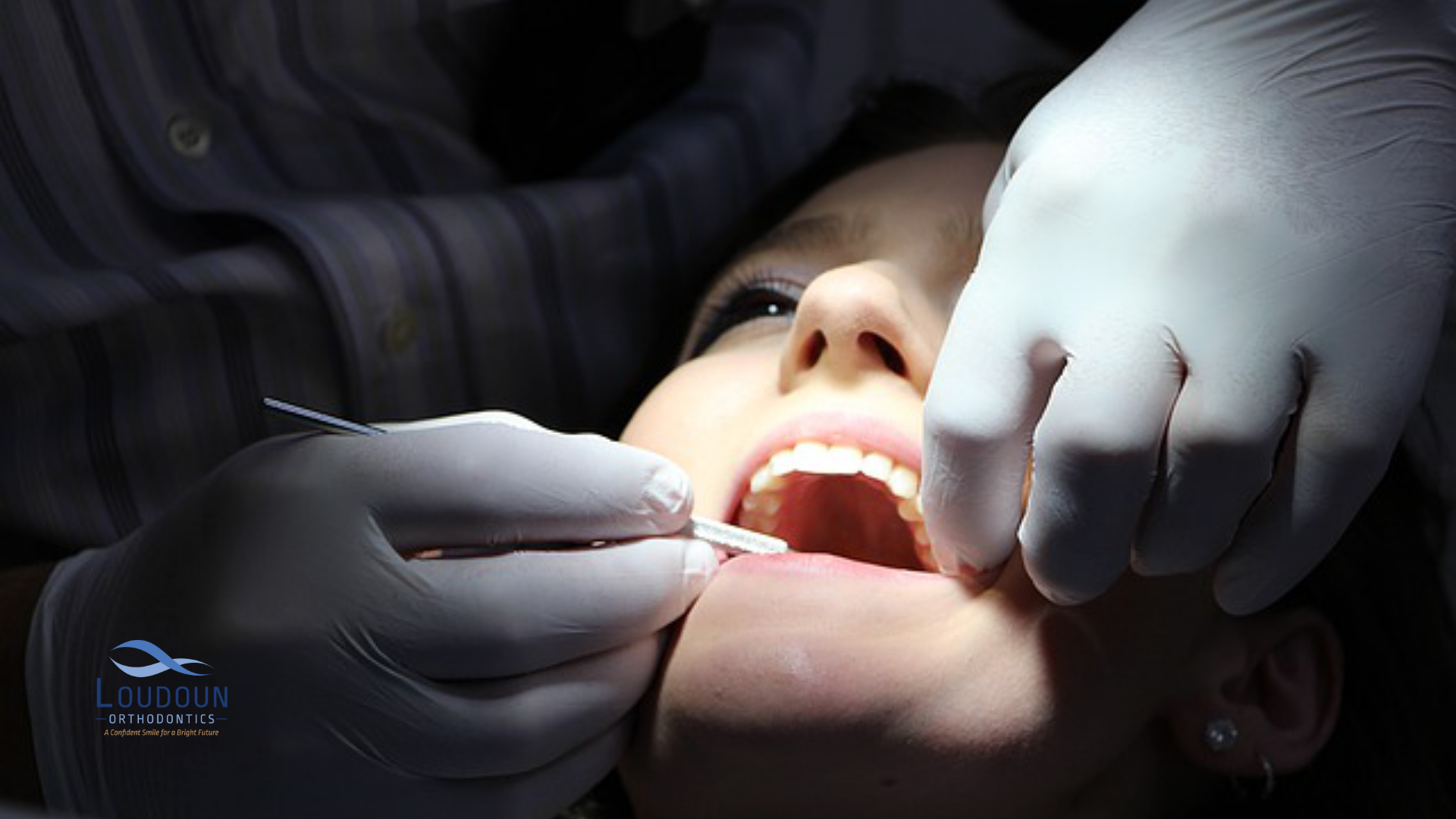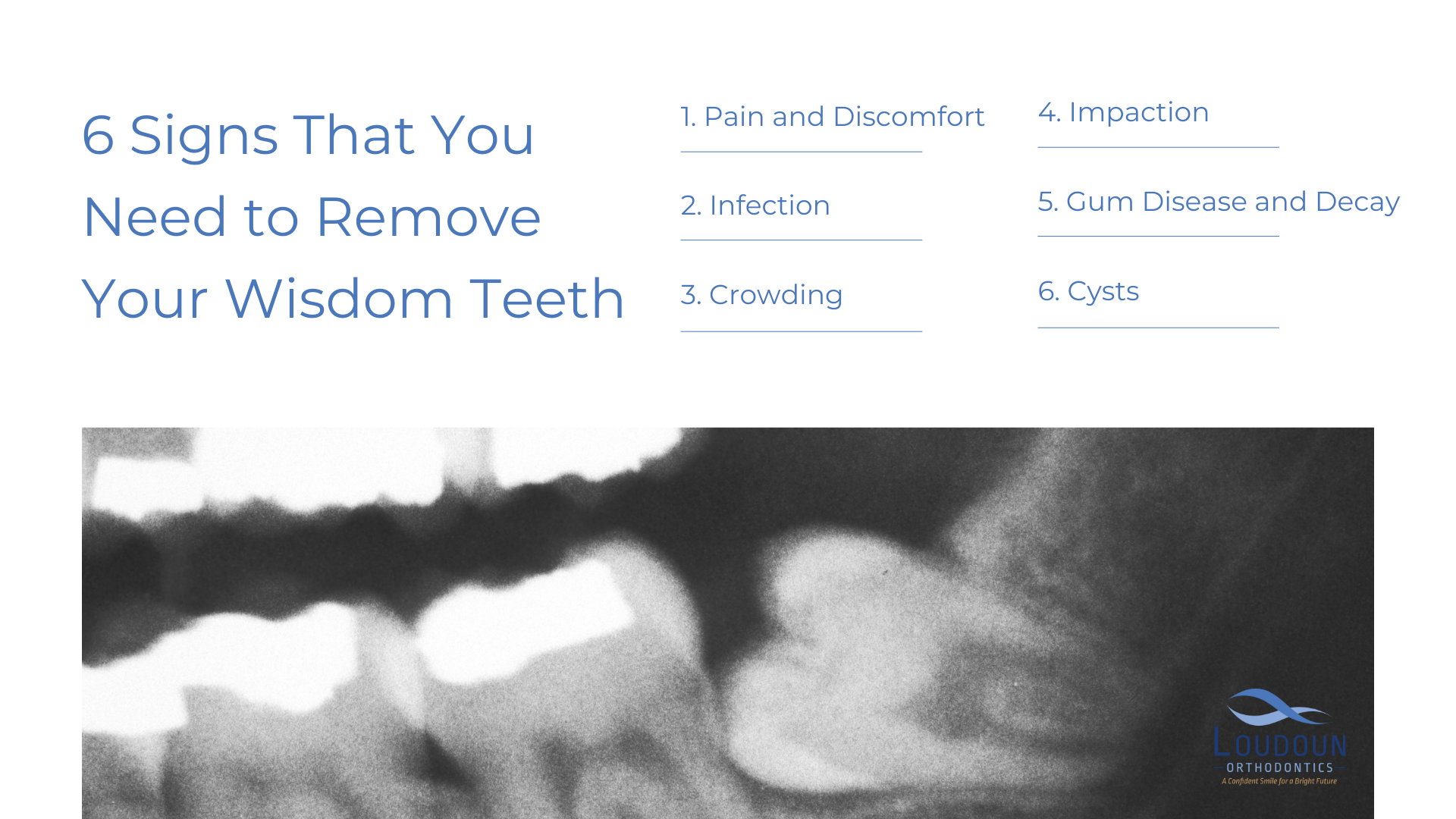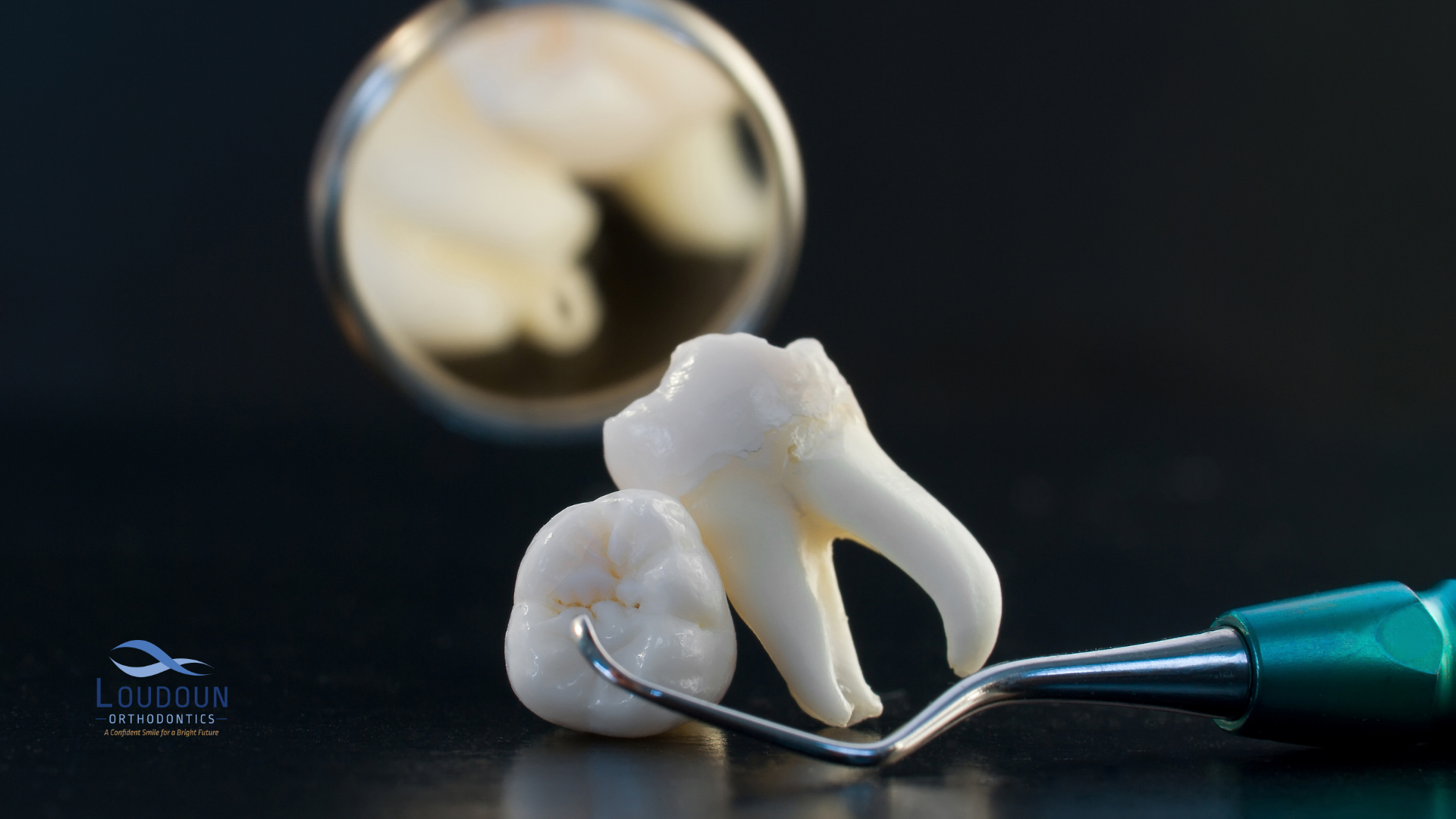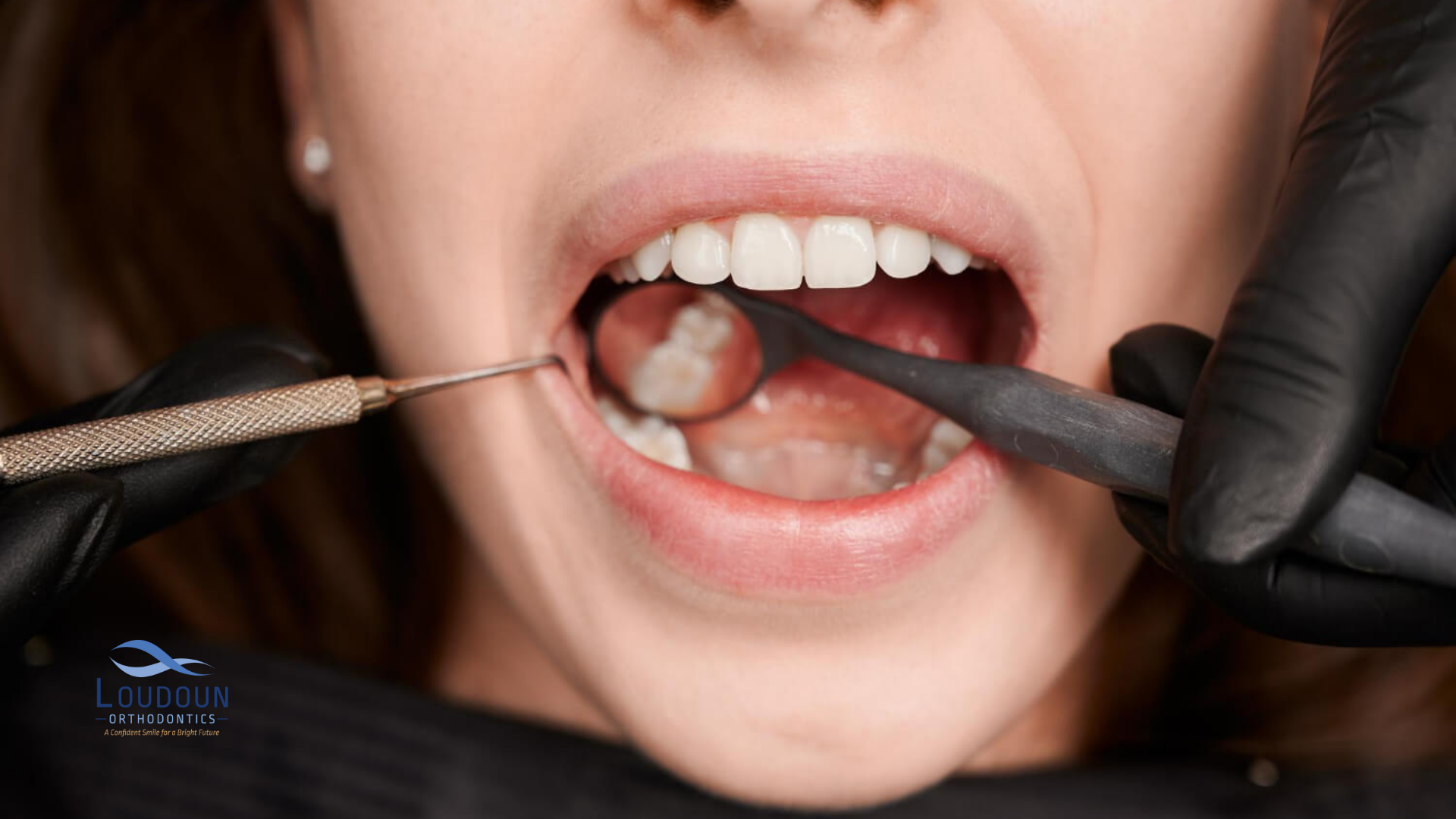Wouldn’t it be nice if wisdom teeth could magically fall out like baby teeth did when we were kids?
Unfortunately, the reality is a bit more complicated. Wisdom teeth, known as third molars, typically erupt during late adolescence or early adulthood.
However, unlike baby teeth, they don’t usually fall out on their own.
Instead, they often become impacted, meaning they don’t have enough room to fully emerge through the gums. This can lead to various dental issues, including pain, infection, and misalignment of other teeth.
At What Age Do Wisdom Teeth Typically Emerge?

Wisdom teeth, or third molars, typically emerge during late adolescence or early adulthood, usually between the ages of 17 and 25.
However, the exact timing can vary among patients.
This emergence marks the final phase in the development of adult teeth, completing the usual set of 32 teeth in humans.
Unlike other teeth that typically erupt without much trouble during early childhood, wisdom teeth often cause discomfort. They may require special attention due to their late arrival and potential for complications such as impaction.
The Natural Process of Wisdom Teeth
Wisdom teeth were historically crucial for our ancestors, who faced tooth loss early due to wear and dietary challenges. However, modern diets and improved dental care have changed the landscape.
Today, many people lack sufficient space in their jaws for wisdom teeth to align properly with the rest of their molars. When space is ample, wisdom teeth can emerge straight and contribute to oral health.
But if space is limited, they may become impacted and blocked from fully erupting. This can lead to various dental issues, including crowding, infections, and gum disease.
Can Wisdom Teeth Fall Out Naturally?
Unlike baby teeth, wisdom teeth do not fall out naturally.
Once fully erupted, they are intended to be permanent unless dental conditions compromise them. Impacted wisdom teeth, lacking sufficient space to erupt properly, can lead to complications like decay, infection, and bone loss around the teeth, resulting in discomfort and bad breath.
When these issues arise, affected wisdom teeth may become loose, often signaling underlying problems such as gum disease or severe decay.
Extraction is typically recommended to alleviate pain and prevent further damage to adjacent teeth and jawbone health.
While the notion of wisdom teeth falling out naturally may seem familiar, any loosening of wisdom teeth should prompt a dental consultation to address the underlying causes and discuss appropriate treatment options.
6 Signs That You Need to Remove Your Wisdom Teeth

It’s important to know when it might be necessary to remove wisdom teeth. Here are key signs indicating that your wisdom teeth could be problematic and may need to be extracted:
- Pain and Discomfort: Persistent pain or discomfort in the back of the mouth, often accompanied by swelling, can indicate issues with wisdom teeth.
- Infection: Pericoronitis, characterized by inflammation of the soft tissue surrounding a partially erupted tooth, often occurs around impacted wisdom teeth due to inadequate space for proper eruption.
- Crowding: Misalignment of previously straight teeth can indeed be a sign of emerging wisdom teeth exerting pressure on the existing dental structure.
- Impaction: This condition can cause significant pain and discomfort and even lead to infections if bacteria become trapped around the impacted tooth.
- Gum Disease and Decay: Because they only partially emerge from the gums, they create pockets where bacteria and food particles can easily accumulate. These areas are difficult to clean thoroughly with regular brushing and flossing, increasing the risk of gum disease (such as gingivitis and periodontitis) and tooth decay.
- Cysts: In rare occasions, cysts or tumors may form around or near the impacted wisdom tooth, potentially damaging the jawbone or other teeth. When a wisdom tooth fails to fully erupt from the gum line, it can become trapped or impacted within the jawbone.
Consulting with a dentist for regular check-ups is crucial for monitoring the health of your teeth and identifying any potential issues, including problems related to wisdom teeth.
What Are the Risks of Leaving Problematic Wisdom Teeth Untreated?

Ignoring the signs of problematic wisdom teeth can lead to several serious health risks, including:
- Chronic Pain and Infection: Continuous discomfort and recurrent infections in the mouth are common symptoms of problematic wisdom teeth.
- Damage to Adjacent Teeth: Impacted wisdom teeth can cause the surrounding teeth to shift position, resulting in crowding or misalignment of the dental arch.
- Gum Disease: They can create pockets or gaps between the gum tissue and the tooth surface. These areas are challenging to clean thoroughly with regular brushing and flossing, making them more prone to the accumulation of plaque and bacteria.
- Bone Loss: Persistent infections around impacted wisdom teeth can cause inflammation and damage to the surrounding bone tissue.
- Cysts and Tumors: Impacted wisdom teeth can create pockets of trapped debris and bacteria, leading to cysts or benign tumors in the jawbone.
- Bad Breath and Taste: Chronic bad breath and an unpleasant taste in the mouth are common symptoms associated with decay and infections caused by problematic wisdom teeth.
When wisdom teeth are causing issues such as pain, infection, misalignment, or damage to surrounding teeth and bone, removal is often the best course of action.
What to Expect after Having Your Wisdom Teeth Removed

After your wisdom teeth are removed, it’s common to experience some bleeding and swelling, which can be managed by gently biting on gauze and applying ice packs to the sides of your face.
Pain medication prescribed by your dentist or recommended over-the-counter options can help manage discomfort during the initial recovery period.
It’s best to stick to a soft food diet, including yogurt, pudding, and soups, to avoid irritating the surgical sites and promote healing.
Maintaining oral hygiene is crucial for a smooth recovery after wisdom teeth removal. Gentle rinsing with salt water or a prescribed oral rinse will keep the area clean without disturbing the healing tissues.
While you should avoid brushing directly at the extraction sites initially, continue to brush and floss your other teeth as usual.
As your mouth heals, avoid strenuous activities that might disrupt the healing process. Most people can return to normal activities a few days after the surgery.
Additionally, this may be an opportune time to consider further orthodontic treatments, such as braces or aligners, as removing wisdom teeth often creates more space in the mouth, making subsequent dental alignments easier and more effective.
Don’t Let Wisdom Teeth Stop You from Achieving Your Smile Goals!
Contact Loudoun Orthodontics if wisdom tooth removal is the solution to your dental woes. Whether you want to learn more about the benefits of orthodontic care or have questions about the process, use our live chat or call (703) 858-0303 or message us through our Contact Us page to connect with our friendly staff today and book a complimentary consultation!
Our office, located at 19465 Deerfield Ave. Suite 304, Leesburg, VA 20176, proudly serves the Loudoun County. If you’re residing in Ashburn, Leesburg, or Sterling and are looking for one of the best orthodontists in Northern Virginia, don’t hesitate to visit our office!
We also invite you to keep up with our blog to get answers to many of the frequently asked questions about maintaining your perfect smile, and follow us on Facebook and Instagram to become a part of our smiling community!




